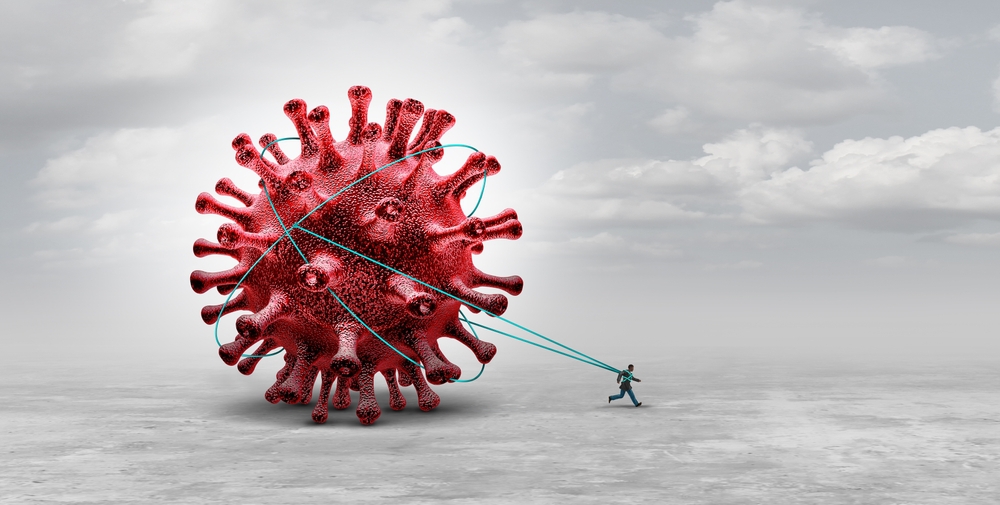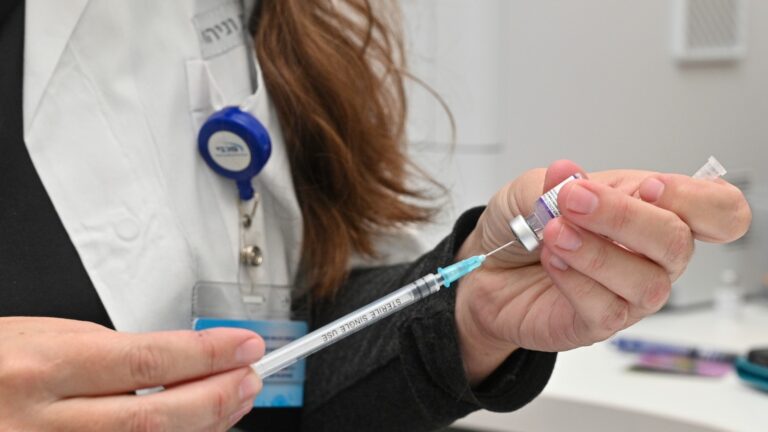It’s tempting to believe that the SARS-CoV-2 virus is gone, but the World Health Organization’s coronavirus dashboard is recording millions of new confirmed Covid-19 cases each week.
And if Covid is still with us, then long Covid is, too.
The WHO estimates that between 10 and 20 percent of Covid-19 survivors suffer lingering symptoms such as fatigue, shortness of breath, joint pain, reduced taste or smell, and trouble concentrating.
Dr. Anthony Fauci, chief medical adviser to the US president, recently declared long Covid an “insidious public health emergency.”
A newly published study from Israel’s Maccabi Healthcare Services found that among adults following Covid-19, one in three suffers lingering health deficits, such as memory loss and muscle pain, even six months later.
Israeli experts are researching how to prevent and treat long Covid, finding for example that vaccines may help people avoid it, and that hyperbaric oxygen treatments, exercise therapy or a nutraceutical supplement may help stop it.
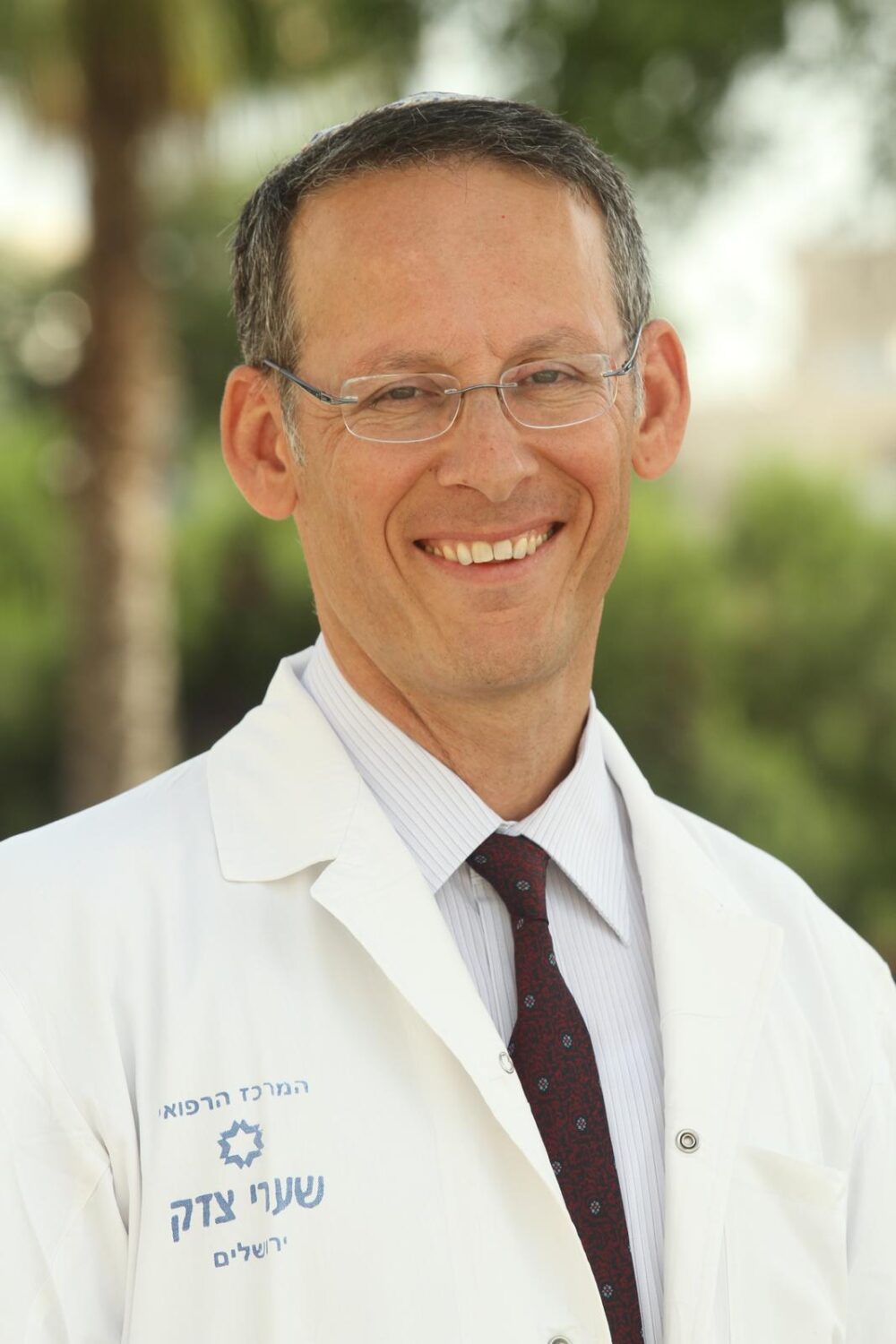
“We still continue to see, every single day in hospitals and clinics, post-Covid patients complaining of symptoms, some a few days after and some even months or a year or more after they recover from the illness,” says Dr. Gabriel Izbicki, head of the Pulmonary Institute at Jerusalem’s Shaare Zedek Medical Center.
“Globally, we see the percentage of people getting long Covid lessening; it depends on the variant. With Omicron, the disease is less severe and post-Covid also a little less severe,” Izbicki tells ISRAEL21c.
“It’s a minority of Covid patients, but it’s scary because there is no way to know who will be affected by long Covid.”
Indeed, a study by Hadassah University Medical Center pulmonologists found that although severe Covid-19 raises the risk for lasting respiratory, cardiac or neurological impairment, non-specific symptoms such as shortness of breath and fatigue are just as frequent following both mild and severe Covid-19.
Can vaccination help?
There is a growing consensus that vaccines may help prevent long Covid, says Bar-Ilan University epidemiologist Michael Edelstein.
His research showed that people who’d previously gotten at least two doses of the Pfizer vaccine reported 62% less fatigue, 50% less headache, 62% less limb weakness and 66% less muscle pain following Covid-19 disease than did unvaccinated survivors of the disease.
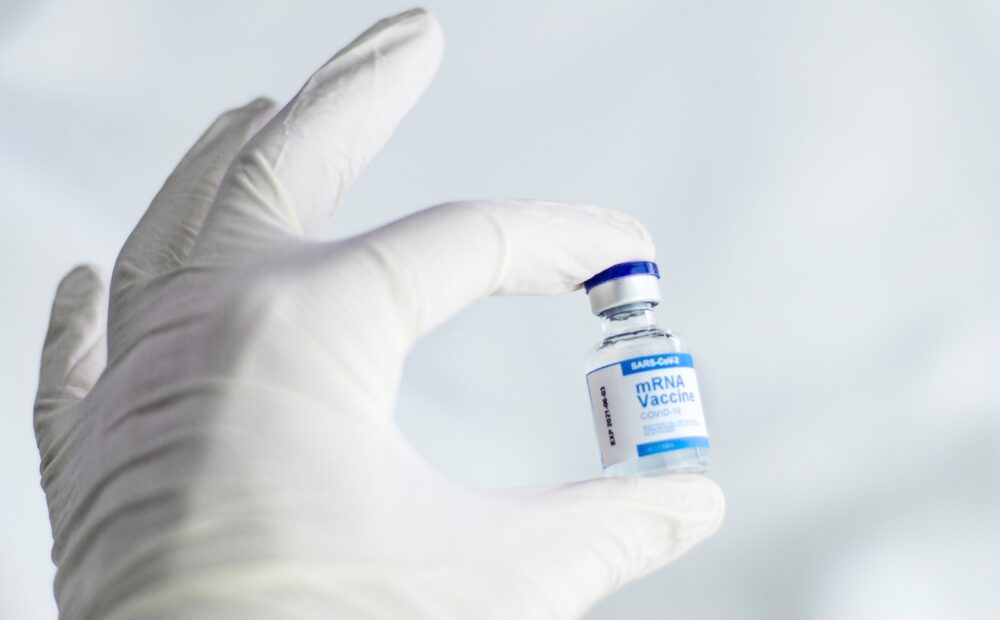
Edelstein’s current studies are focused on “showing that long Covid significantly impacts people’s wellbeing and quality of life and that it lasts a long time,” he tells ISRAEL21c.
He measured the effect of long Covid symptoms on subjective wellbeing (SWB) in 2,295 study participants at three to six months, six to 12 months and 12 to 18 months post-infection.
“Our results suggest that the biggest and most sustained changes in SWB stem from non-specific symptoms” including fatigue, confusion/lack of concentration, and sleep disorders.
Specific symptoms, such as muscle weakness and pain, had a less profound, more temporary effect on SWB.
“Taking a similar approach for other symptoms and following individuals over time to describe trends in SWB changes attributable to specific symptoms will help understand the post-acute phase of Covid-19 and how it should be defined and better managed,” Edelstein says.
Treating long Covid
Israeli hospitals opened some of the world’s first post-Covid clinics. Treatment depends on the symptoms and the severity.
Researchers from Ariel University and Sheba Medical Center published a study suggesting that autoimmune dysfunction may play a significant part in long Covid symptoms including chronic fatigue, cognitive impairment and mood-related disorders, and numerous more. They say some patients benefit from immunomodulatory and immunosuppressive therapy, but exercise therapy may be safer and more effective because it stabilizes the autonomic nervous system.
Tel Aviv University researchers recently collaborated with a Florida long Covid clinic to formulate a unique nutraceutical supplement for treating typical “long-hauler” symptoms. Results of their clinical trial showed improvement in severity of symptoms – especially brain fog and fatigue – after two weeks of daily doses, and even more improvement after four weeks of daily doses in 51 patients.
For more severe patients with other post-Covid or severe pulmonary symptoms, Izbicki prescribes steroids to reduce inflammation.
Hadassah pulmonologist Dr. Fares Darawshy agrees that the most helpful treatment in these cases is respiratory, physical and/or cognitive therapy.
Intensive hyperbaric oxygen therapy (HBOT) is another treatment option, though less widely accessible.
In July, a study released by the Sagol Center for Hyperbaric Medicine and Research at Shamir Medical Center and Tel Aviv University reported that HBOT significantly improved the condition of 37 post-Covid patients as compared to a control group.
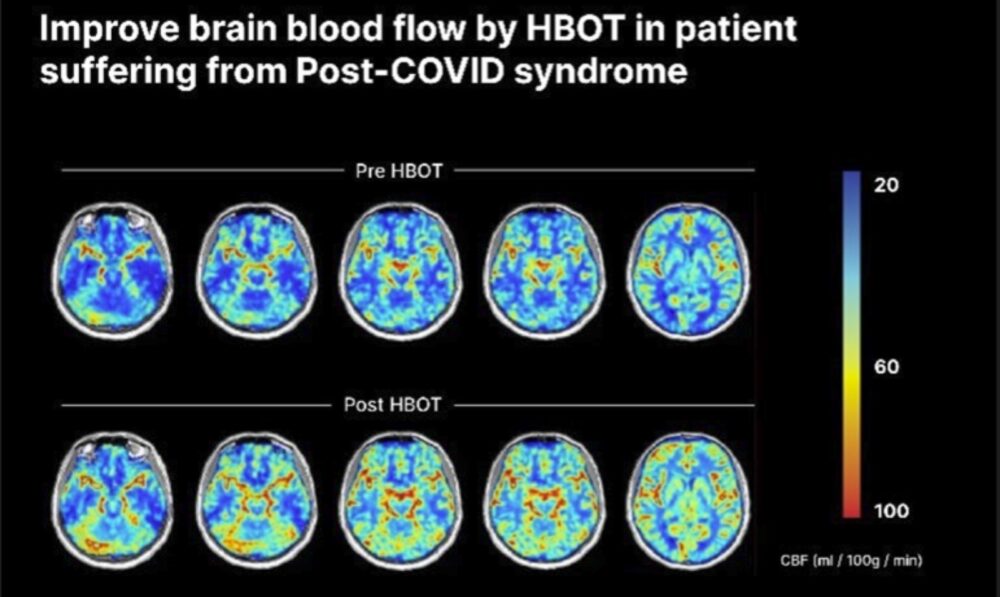
These patients had 40 HBOT treatments — five sessions per week for two months — under the supervision of Sagol Center Director Dr. Shai Efrati.
“The study revealed that HBOT can induce structural and functional repair of the damaged regions of the brain and improve the cognitive, behavioral and emotional function of the unfortunate patients suffering from post-Covid-19 conditions,” said Efrati.
Prevention is the best medicine
While researchers in Israel and elsewhere are trying to understand more about why Covid-19 often causes persistent symptoms, Izbicki advises that the best protection against long Covid is to avoid getting infected in the first place.
“We should continue, though it’s not pleasant, to take precautions and wear masks indoors to protect ourselves, our parents and grandparents,” says Izbicki.
“People can remain Covid-positive for a long time, even weeks after recovery. And people can get infected more than once. We can live a more or less normal life, but we just have to be a little more careful.”




